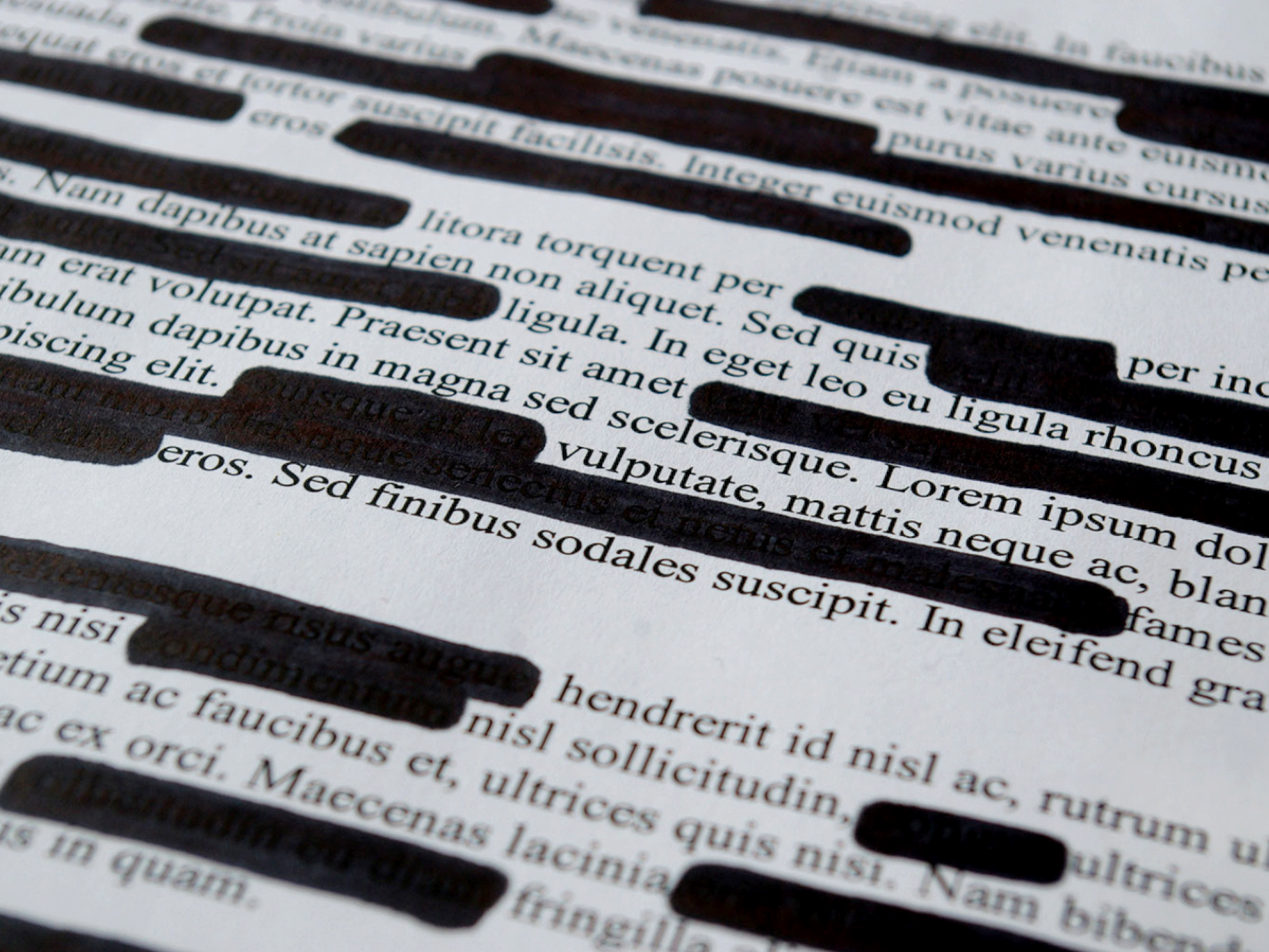
Bureaucrats wouldn’t have an excuse to hide documents if the documents were born-open—that is, publicly accessible electronic documents from the moment of their creation.
And bureaucrats do hide documents, especially in the schools and universities. Want to know if China is donating money to your university? Secret. Want to know your child’s curriculum? Very secret. Want to know if your school is “gender transitioning” your child? Double-plus super secret.
More and more public institutions resist accountability for their actions by refusing to make their records available to the public. Sometimes they nullify state Freedom of Information laws by charging excessive costs to copy records—the University of Nebraska–Lincoln, for instance, wants my colleagues at the National Association of Scholars to pay $8,000 for copying documents, when the same documents cost $46.12 at the Georgia Institute of Technology. Sometimes institutions nullify the laws through a studied inability to find a record unless it is specifically named by the person making the information request. “Longfellow Deeds asked for a copy of our civics curriculum, but we call it The Civics and Government Curriculum, so we’ll just say we can’t find what he’s talking about.” There’s always an excuse not to provide a document.
The documents reveal the illiberal, politicizing policies education bureaucrats and teachers are forcing on students in public K–12 schools and universities. They feel free to force anything on our children, and lie to our faces about what they’re doing, so long as they keep secret the documents with the proof.
Academic transparency and fiscal transparency laws are a good start, but bureaucrats can still evade them. If you don’t know the documents exist, how can you know whether the bureaucrats have been transparent? Every education document needs to be publicly available from the moment it is created.
[Related: “Policymakers Must Renovate the Ivory Tower”]
The world of science offers a possible solution. Scientists seeking to address the irreproducibility crisis of modern science have begun to put into practice the concept of “born-open data”—scientific records that are translated into a publicly accessible electronic format from the moment of their creation. Education institutions funded by state governments can and should put into practice the parallel concept of “born-open documents”—public records that are translated into a publicly accessible electronic format from the moment of their creation. No fee will apply to born-open documents, and education bureaucracies will not be able to hide their existence.
The Civics Alliance has just drafted a new addition to its Model K-12 Civics Code, a model Born-Open Documents Act. This act has four main parts:
• Public K–12 schools and universities must use born-open public records going forward from a set date.
• No new policies, procedures, or administrative decisions by public K–12 schools or universities will be valid unless they are justified solely on born-open public records.
• Public K–12 schools and universities will have to convert their older records into Internet-accessible public records; after a set time, none of their old policies, procedures, or administrative decisions will be valid unless they are justified solely on born-open public records.
• Public K–12 schools and universities cannot use documents protected by “trade secrets” or any other sort of confidentiality requirement to be part of, or justify, any policies, procedures, and administrative decisions, since these restrictions prevent them from being transformed into Internet-accessible public records.
Our model act allows for exemptions for personal information or other information explicitly exempted from public release by state or federal law—but it requires public K–12 schools and universities to justify their exemptions with reference to state or federal law and to establish procedures for citizens to challenge their decisions to exempt documents from the requirements of this act.
[Related: “Improving Higher Ed Through Better Open-Records Laws”]
Our model act does impose some costs on school districts and universities—they will need pay for staff, hardware, and software to make their documents born-open. But if complying with a FOIA law really costs $8,000 per document request, switching to a born-open system will pay for itself in no time.
The model Born Open Documents Act should greatly limit the ability of education bureaucracies to impose illiberal, politicizing policies on public K–12 schools and universities without accountability to policymakers and the public. No law can provide a perfect solution to persistent noncompliance by radical education bureaucrats. These bureaucrats can refuse to make a document Internet-accessible and then try to impose a policy anyway. But if they do so, they will be breaking the law in very obvious ways.
Radical education bureaucrats would have to be bold, clever, and willing to martyr themselves for their woke causes—and there are not so many school administrators with the skills and temperament of James Bond.
Image: Adobe Stock
No paper should be published in a scientific journal without providing the data used in the study. It can be posted on a public website. All studies that rely on computer models should publically post the source code.
Not being a scientist, I may be unrealistic here, but I think that “peer reviewed” ought to become ‘peer duplicated” — approval for publication ought to be based on someone else able to do the same research you did and getting the same result.
We are three generations into desktop publishing, the purpose the journals may have had a century ago no longer exists.